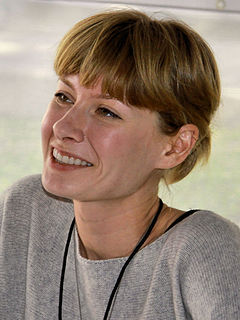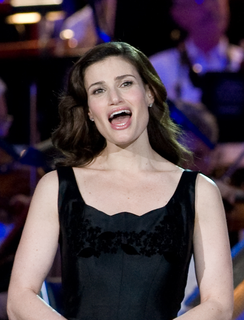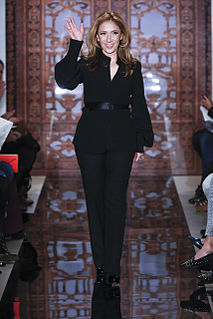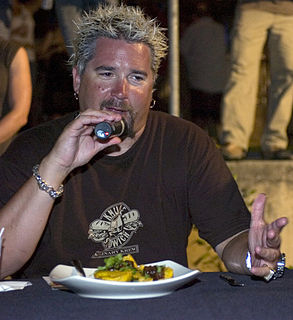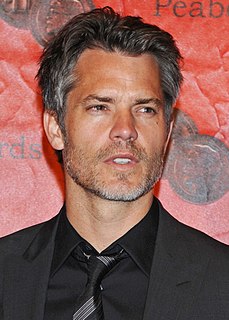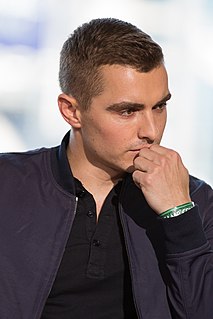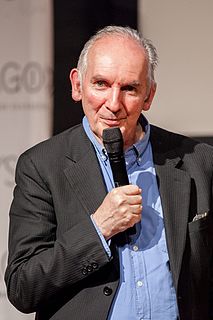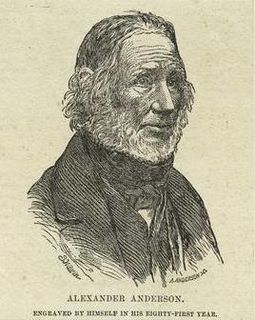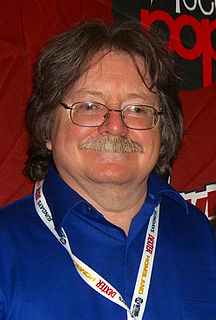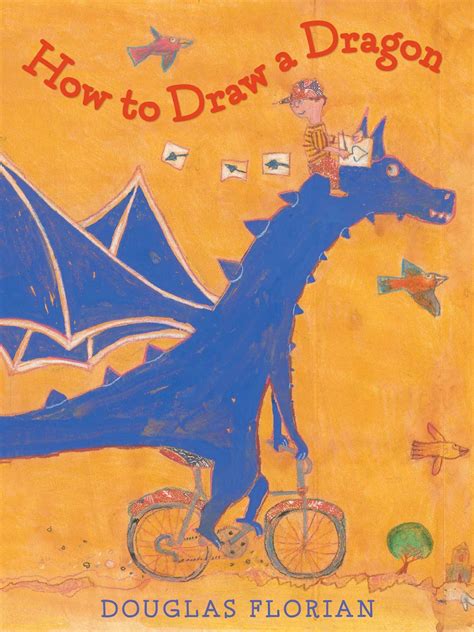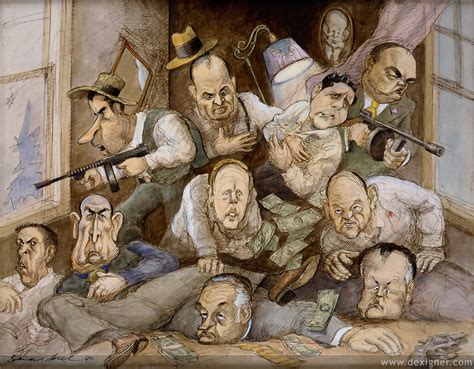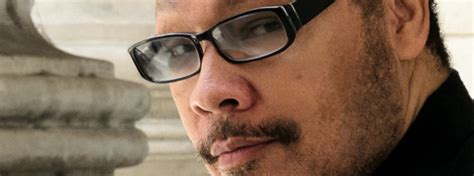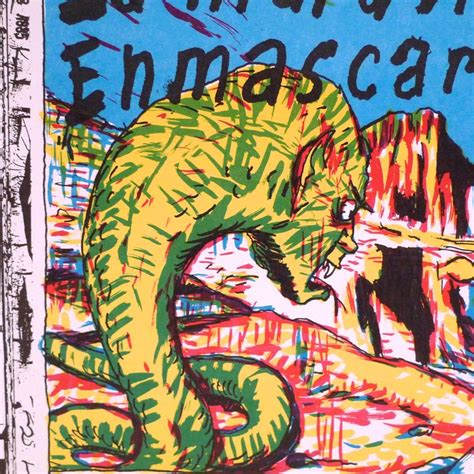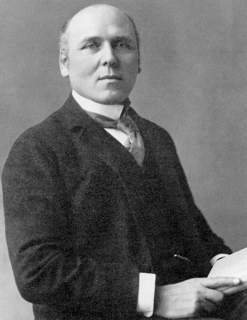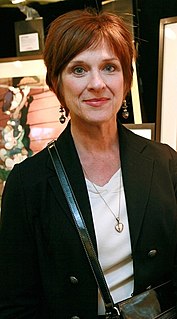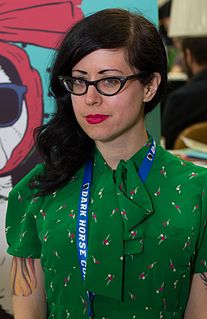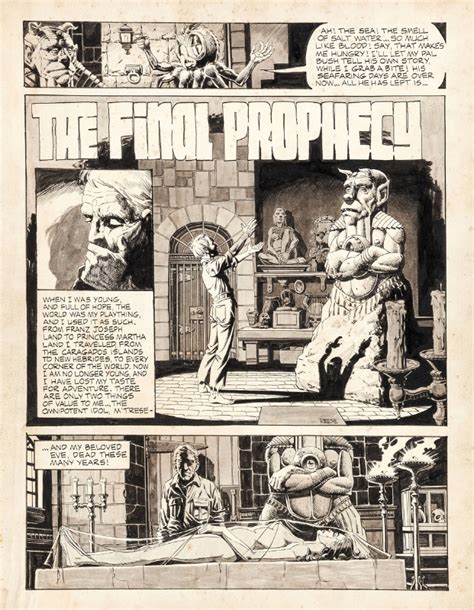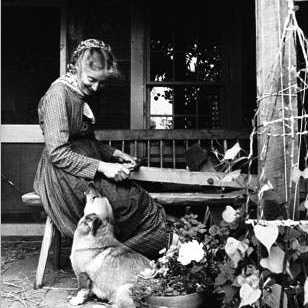A Quote by Hope Larson
I know how to write stories that are accessible to younger readers, and sophisticated enough for older ones. I'm not a big fan of the all ages label, but I keep a wider audience in mind.
Related Quotes
I don't think we need a critic to negotiate with the audience. People say, "Who are you writing for?" I'm writing for myself but my audience is anybody who knows how to read. I think a story should engage anybody who knows how to read. And I hope that my stories do, maybe on a different level for more sophisticated readers than, say, a high school kid, but still a story has got to grab you. That's why we read it.
I don't have an audience in mind when I write. I'm writing mainly for myself. After a long devotion to playwriting I have a good inner ear. I know pretty well how a thing is going to sound on the stage, and how it will play. I write to satisfy this inner ear and its perceptions. That's the audience I write for.
I know the difference between someone coming up to you on the street and saying, 'Hey, you're that dude, right. Yes, that's what I thought,' and somebody coming up and saying, 'Big fan of the show. Big fan of that character.' And that's nice. You're out there telling stories, you're hoping to find an audience, and it's very appreciated.
